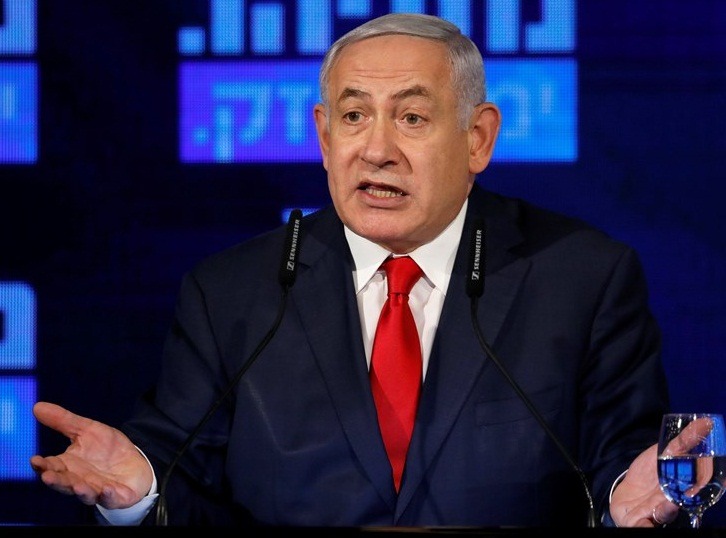The Supreme Leader recently stressed in reaction to the agreement between the UAE and the Zionist regime that the Emirates had betrayed the Islamic world, the Arab nations, the countries of the region and Palestine. According to Ayatollah Ali Khamenei, of course, this betrayal will not last long, but this stigma will remain on them.
“They opened the door for the Zionists to enter the region, they forget the issue of Palestine which is the question of usurping a country and normalized their relations,” the Supreme Leader continued. He also expressed hope that the Emirati people would wake up soon and realize what they have done.
Given the Supreme Leader’s statement, the question arises as to how the UAE will reverse its decision on the normalization of relations with the Zionist regime.
Regarding the recent actions of the UAE, the Israeli regime, the United States and other Persian Gulf Arab states it should be noted that they have long been in a process that, according to the theory of Iranophobia, try to pretend that the main threat to the Arab world is not Israel but the Islamic Republic of Iran.
Accordingly, this process has started with the management of the Americans, and the countries of the Persian Gulf, especially the smaller states, which are more vulnerable and have a greater sense of fear, are more willing to cooperate in this project. Of course, it should be emphasized that this is not a new trend, and neighbours such as Turkey and the Republic of Azerbaijan have already established warm diplomatic relations with Israel. The Persian Gulf states used to have relations with Israel, but they did not make it public and it was informal, but today the UAE has formalized these relations under the American Iranophobia project and the launch of a coalition in the region against the Islamic Republic.
With these interpretations, it seems that the UAE and other countries will retreat from this trend when the trend of Iranophobia in the region disappears.
In fact, if the problems of Iran and countries like Saudi Arabia or the UAE are resolved, we can see the Israeli regime move away from the region. Therefore, it is an inverse proportion that if Israel’s relations with the Arab world improve, Iran’s relations with the Arabs will be tense, and if Iran’s relations with the Arabs improve, the relations between Israel and the Arab capitals will be strained. In this case, the Arab countries will return to their traditional policy that the Israeli regime is the enemy of the Arabs and the Palestinians.
The question now is to what extent this Arab approach is effective in opening the gate for Israel to enter the region and be present there or ignore the problems of the Palestinians. In this regard, it should be said that since the 1980s, when Shimon Peres wrote a new book on the Middle East, he has raised the issue that territorial expansion is not of paramount importance to Israel, but Israel should expand and normalize relations, especially economic relations with the Arab world to become a superior power in the region. Therefore, he proposed the theory of “land for peace.”
Thus, Israel is now trying to establish itself as the region’s dominant economic power, and this is causing more and more Palestinian rights to be violated. We saw that with the outbreak of differences in the Arab world and the Islamic world, the Israelis had the opportunity to declare Jerusalem the capital of Israel with the help of the United States which moved its embassy there. They also wanted to recognize the annexation of the Golan Heights and annex part of the West Bank to Israel under the Deal of the Century.
In such a situation, the Islamic Republic of Iran must try to somehow stop the Arab Iranophobia fueled by the United States and Israel. Finally, Trump is pursuing such a policy at this time in order to attract the attention of the Zionist lobby in the upcoming presidential election.










0 Comments